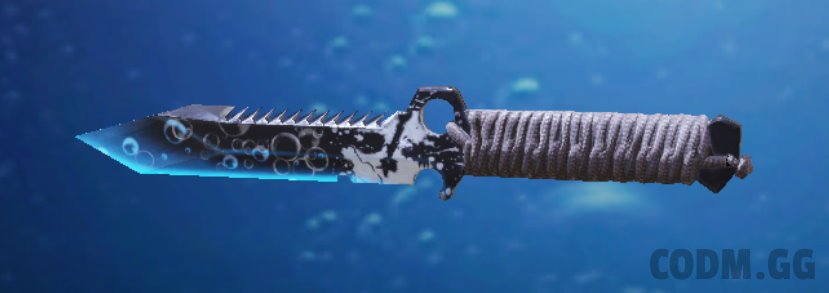
#CALL OF THE SEA CODE CODE#
Kung Phoak, president of the Cambodian Institute for Strategic Studies, said the South China Sea dispute will take a lot of time to resolve, so a code of conduct in the meantime could help decrease tension. Malaysia, the current chair of ASEAN, will host the group's annual summit in Kuala Lumpur November 21, but typically many of the decisions announced from the summit are agreed upon ahead of time. Many in the regional group have advocated a multi-party solution to the problem, but Beijing has said it will only engage in bilateral talks over territorial disputes. Several ASEAN states have overlapping claims to the sea with China, notably Vietnam and the Philippines. It also repeats ASEAN's call for a legally binding Code of Conduct. The statement, given to VOA by a regional official who did not want to be named, again calls for peace, security, respect for international law and freedom of navigation in the highly trafficked waters. After the war, German Grand Admiral Karl Doenitz admitted in his memoirs that, “I myself had no faith in the success of this invasion,” and claimed that Raeder agreed with him.According to a draft document of the ASEAN chairman's statement for the upcoming leaders summit in Kuala Lumpur, the group's views on disputes in the South China Sea will be little changed from last year. When the Allies invaded Normandy in 1944, they had almost total control of both the air and the sea – and yet they still struggled to break out of their beachheads. In reality, however, it is extremely unlikely that any invasion would have got much further than the beaches and their immediate surroundings. Dramatists have depicted every possible outcome of a German invasion, from the heroic resistance of the 1942 film Went the Day Well? to the murkier world of collaboration depicted in the 2017 BBC drama SS-GB. People have been asking this question ever since the war. On this podcast, Richard J Evans answers the biggest questions about the Third Reich: What might have happened if Germany had invaded Britain?

Operation Barbarossa: why Hitler’s invasion of the Soviet Union was his greatest mistake.He much preferred to do so without having to worry about fighting Britain at the same time – but when it became clear that the British were not going to seek terms, he dropped his invasion plans and concentrated on his real objectives in the east.

Hitler’s ultimate aim had always been to invade the Soviet Union. It is unclear whether Operation Sealion was ever a serious plan, or whether it was merely a ploy to put pressure on the British to capitulate.

On 17 September, Hitler decided to postpone the invasion. Then, by laying vast minefields in the Channel, he hoped to be able to protect German forces just long enough for the invasion to take place.Ī map detailing Operation Sealion, the proposed invasion of Britain by the Nazis. The head of the Kriegsmarine, Grand Admiral Erich Raeder, therefore drew up plans to distract the Royal Navy with a decoy attack in the North Sea. Britain, by contrast, still had the largest navy in the world, which would in all likelihood destroy any invasion force even before it had the chance to land. Though the Kriegsmarine had dozens of U-boats at its disposal, most of its big surface ships had already been sunk, damaged or worn out in the Norway campaign earlier in the year.

For the Germans this seemed like a far more daunting challenge. The second prerequisite for an invasion was command of the sea.


 0 kommentar(er)
0 kommentar(er)
